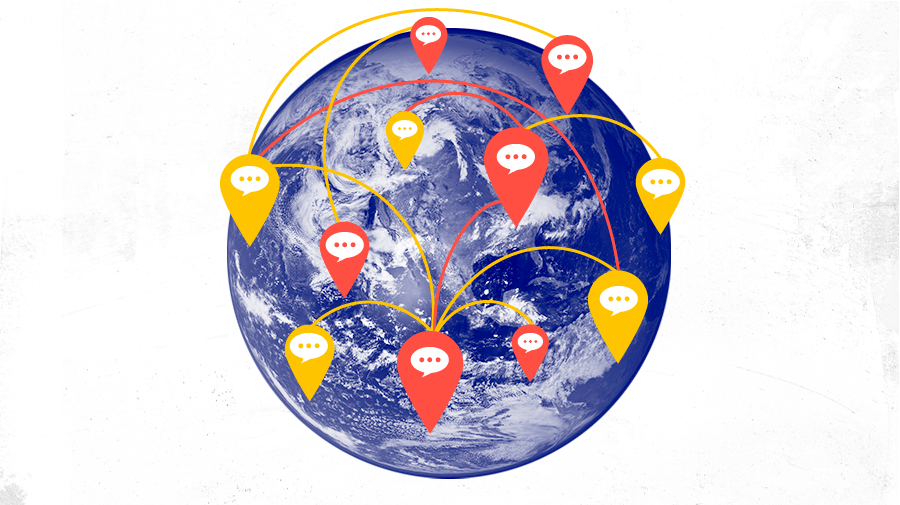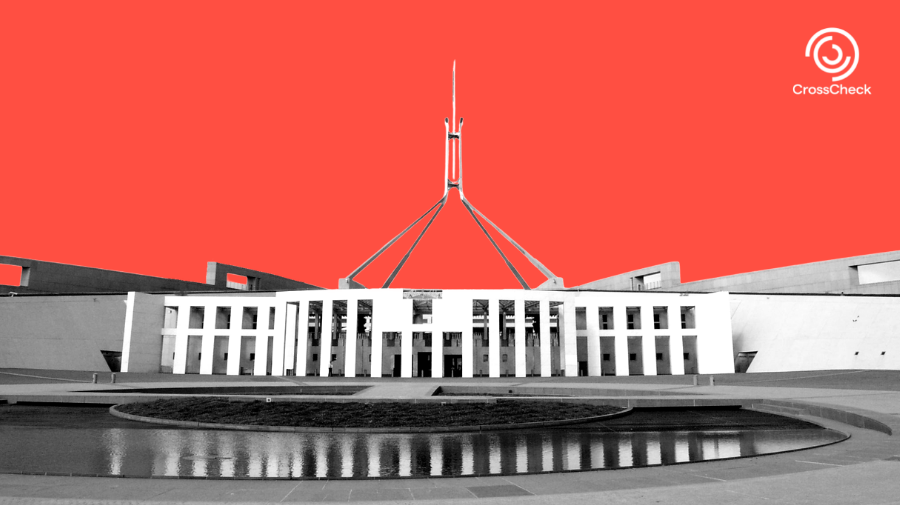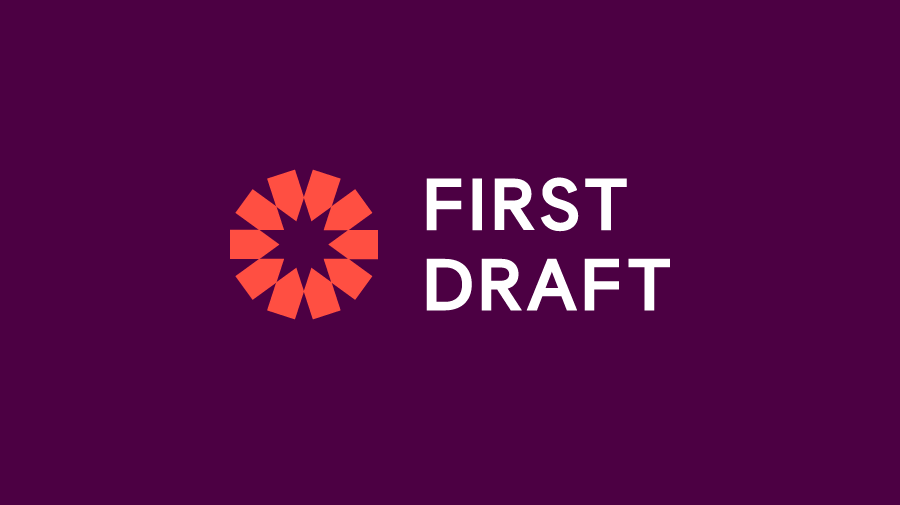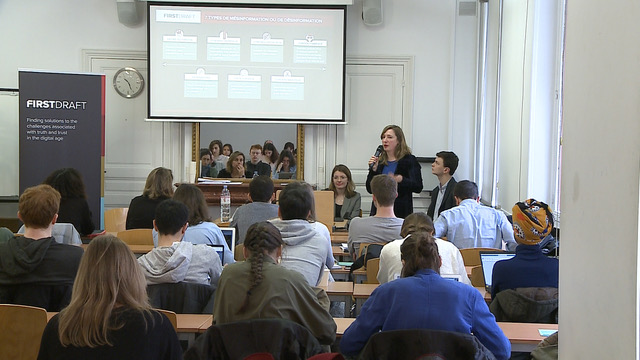The World Health Organization’s inaugural Infodemic Management Training program kicks off next week, bringing together 270 participants selected from over 650 applicants from 83 countries.
First Draft is providing technical expertise and helping to coordinate the intensive program that includes:
- Practical training on tools for monitoring rumors, fact checking and verification;
- Guidance on how to respond effectively, testing interventions to slow the spread of misinformation;
- Guest speakers from UNICEF, Google and Facebook, and representatives from various countries’ ministries of health, who will talk about their challenges with the infodemic and the lessons they have learned.
The training has been co-sponsored by the US Centers for Disease Control and Prevention, Africa Centres for Disease Control and Prevention and RCCE [Risk Communication and Community Engagement] collective service.
The purpose of this pioneering initiative is to recognize and respond to the harm being caused by false and misleading health information circulating in online spaces, via peer-to-peer discussions and being amplified by low-quality news outlets. By the end of the training, participants will have a thorough grounding in infodemic management. This includes an understanding that public health professionals must share accurate, engaging content as well as use techniques to counter misinformation when it starts to cause harm to communities.
Organizing this ambitious program has been complicated. The scale and regional reach means the sessions will be repeated twice per day to allow everyone to join live, ask questions and interact with their fellow learners. During the 34 hours of programming, there will be 46 speakers sharing their expertise. Participants are located in every time zone, from Angola, Brazil, Mexico, Nepal and Indonesia.
At the online welcome event, learners shared experiences and hopes for the upcoming weeks. The session included an information “crisis” simulation, devised by First Draft, where participants played the role of a public health communications officer, making decisions based on a fictional public health incident. The scenario presented rumors swirling across social media and challenged participants to decide in real time whether they would respond by having a press conference, debunking rumors directly or waiting for more information. Designed to highlight the challenges involved in infodemic management, the simulation previewed some of the key elements of the training program and set the pace and objectives for the month ahead. One enthusiastic response from a participant noted, “This feels like a ‘choose your own adventure’ game.” The endorsement acknowledges that training in such complex and nuanced issues must be interactive, engaging and practical to be effective.
Those who pass the assessment will join the WHO roster of infodemic managers deployed to some of the countries most vulnerable to misinformation. First Draft is excited and proud to work with these experienced professionals from the fields of epidemiology, risk communication, health service delivery/health care workers, digital health, policy making and others who are responding to the Covid-19 pandemic and overlapping infodemics in countries around the world.
We’ll post updates as the project progresses.









